Dow gains 300 points as oil prices fall for a second day, inflation report comes in lighter than expected
Stocks rose Tuesday as oil prices continued to drop further below $100 and a reading of wholesale inflation came in lighter than expected.
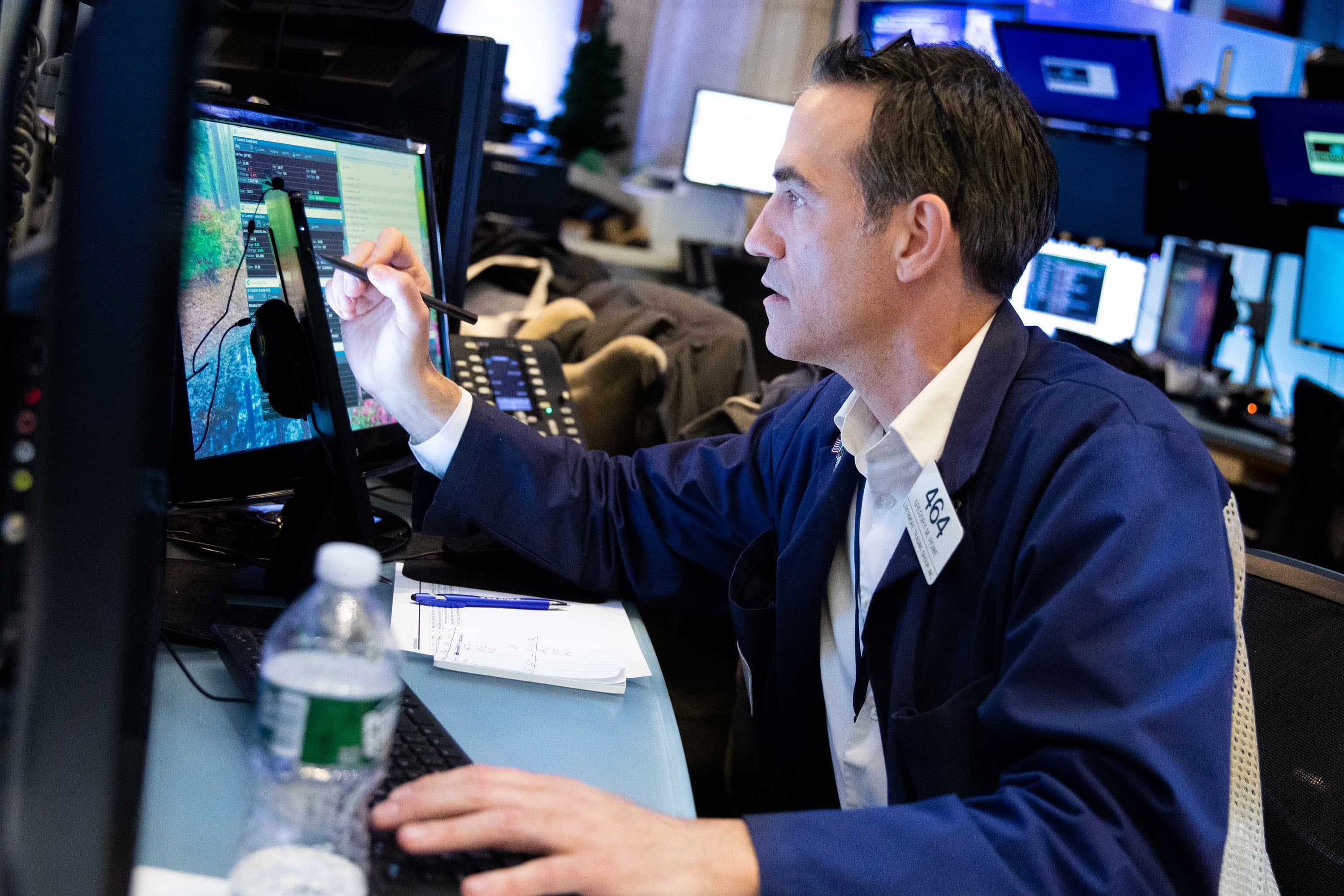
The S&P 500 rose on Tuesday for its first gain in four days, as oil prices continued to drop further below $100 and a reading of wholesale inflation came in lighter than expected.
The gains came as traders continued to eye the latest with ceasefire negotiations in Ukraine and China Covid lockdowns that could wreak havoc on tech supply chains. Investors were anticipating a big Federal Reserve monetary decision Wednesday, where the central bank is expected to hike rates for the first time since 2018.
The Dow Jones Industrial Average added 328 points, or 1%. The S&P 500 rose 1.2%, though it was still about 12% from its record. The Nasdaq Composite gained about 1.6%.
Despite the positive start to the day, investors are still caught in a confusing market, whose volatility has started to fatigue them. CFRA chief investment strategist Sam Stovall said while the market is due for a relief rally, it may be just that.
"Because this market has been so weak, so unconvincing since its all time high on January 3, and because of intraday reversals, no one really knows what will end up being," Stovall said. "But what is causing the market to be totally in the green today is it's just getting tired of going straight down for such an extended period. So even if this were simply a relief rally, I think we are due for one."
Falling oil prices and inflation data are both catalysts for that rally, Stovall added. Additionally, with investors looking forward to the outcome of the Fed's meeting, Stovall noted that the market remembers stocks tend to rise in the first, third and twelfth months after an initial rate increase.
Oil prices continued their decline Tuesday. U.S. crude futures slid about 6% to $96.31 per barrel, after topping $130 about a week ago. Meanwhile, the international Brent benchmark was also down about 6% to $100.17 per barrel.
The drop in oil prices put pressure on energy stocks. Halliburton, Occidental Petroleum and Schlumberger each lost more than 4%. The Energy Select Sector SPDR Fund was down 3.7%, on pace for its third straight negative day and its worst day since November.
Airline stocks got a boost after several companies raised their revenue outlooks. Delta and United rose about 6%. Southwest gained 4%.
A surge in energy prices in February led wholesale goods prices to their biggest one-month jump on record, the Labor Department reported Tuesday. The headline producer price index (PPI) rose 0.8% in February from the previous month. While that was slightly lower than the 0.9% estimated by Dow Jones, it still showed a 10% gain from the same time last year.
However, core PPI, which excludes food, energy and trade services, rose just 0.2%. That was below the expectation of 0.6%.
In Ukraine, the capital city of Kyiv announced a 35-hour curfew that begins at 8 p.m. local time following Russian missile strikes that hit several residential buildings in the city. Russia and Ukraine were set to continue talks Tuesday, following a fourth round of negotiations Monday. Meanwhile, Russia is approaching a series of deadlines to make payments on its debt.
On Monday, United States officials held "intense" talks with China to discuss, among other things, concerns that Beijing may attempt to help Russia blunt global sanctions. The discussion followed reports that Moscow requested military equipment from China for its war in Ukraine.
China is also facing its worst Covid outbreak since the height of the pandemic. Shenzhen, a major city in a key manufacturing hub in China, has shut down nonessential businesses and imposed city-wide testing, raising concern over the global economic recovery going forward.
"The market is jittery," said Gene Goldman, chief investment officer at Cetera Investment Management. "So much concern about the Russian invasion, inflation, and the Fed. With growing concerns of a bear market, investors have been skittish."
Still, he added he doesn't feel a bear market is in the cards, saying fundamental data support a solid economic base.
The Federal Reserve is slated to kick off an important two-day meeting Tuesday, with investors expecting a quarter-point rate hike to be announced Wednesday. That would be just the beginning of the central bank's unwinding of the massive economic help it provided during the pandemic.
Rising inflation is expected to be the focal point of the meeting, however. At the last update, in December, officials projected inflation would run at 2.7%. However, February's core personal consumption expenditures price index, the Federal Reserve's primary inflation gauge, indicated inflation is up 5.2% from a year ago.
Policymakers will also update their outlook for rates as well as GDP, inflation and unemployment.

 Konoly
Konoly 








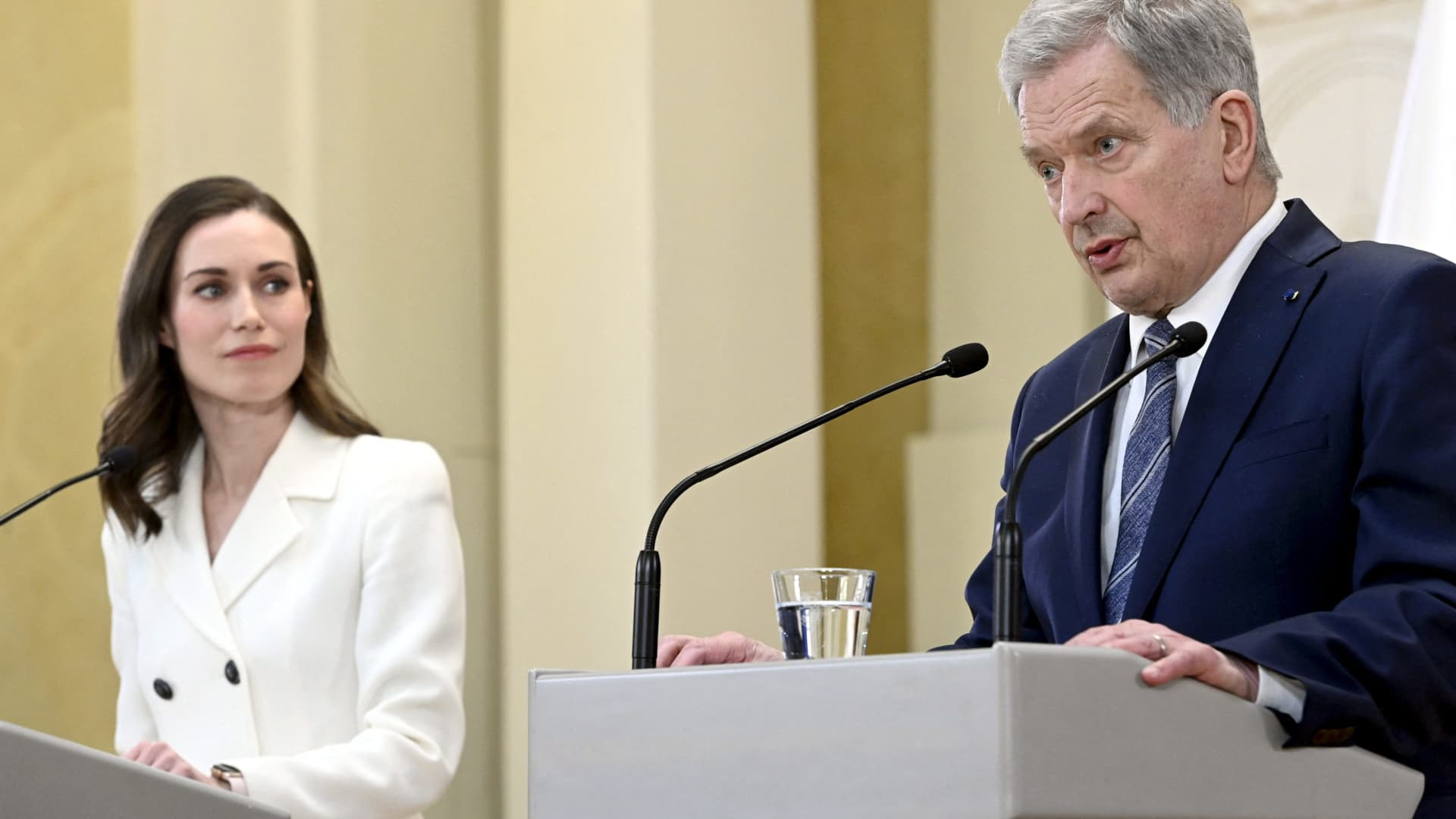
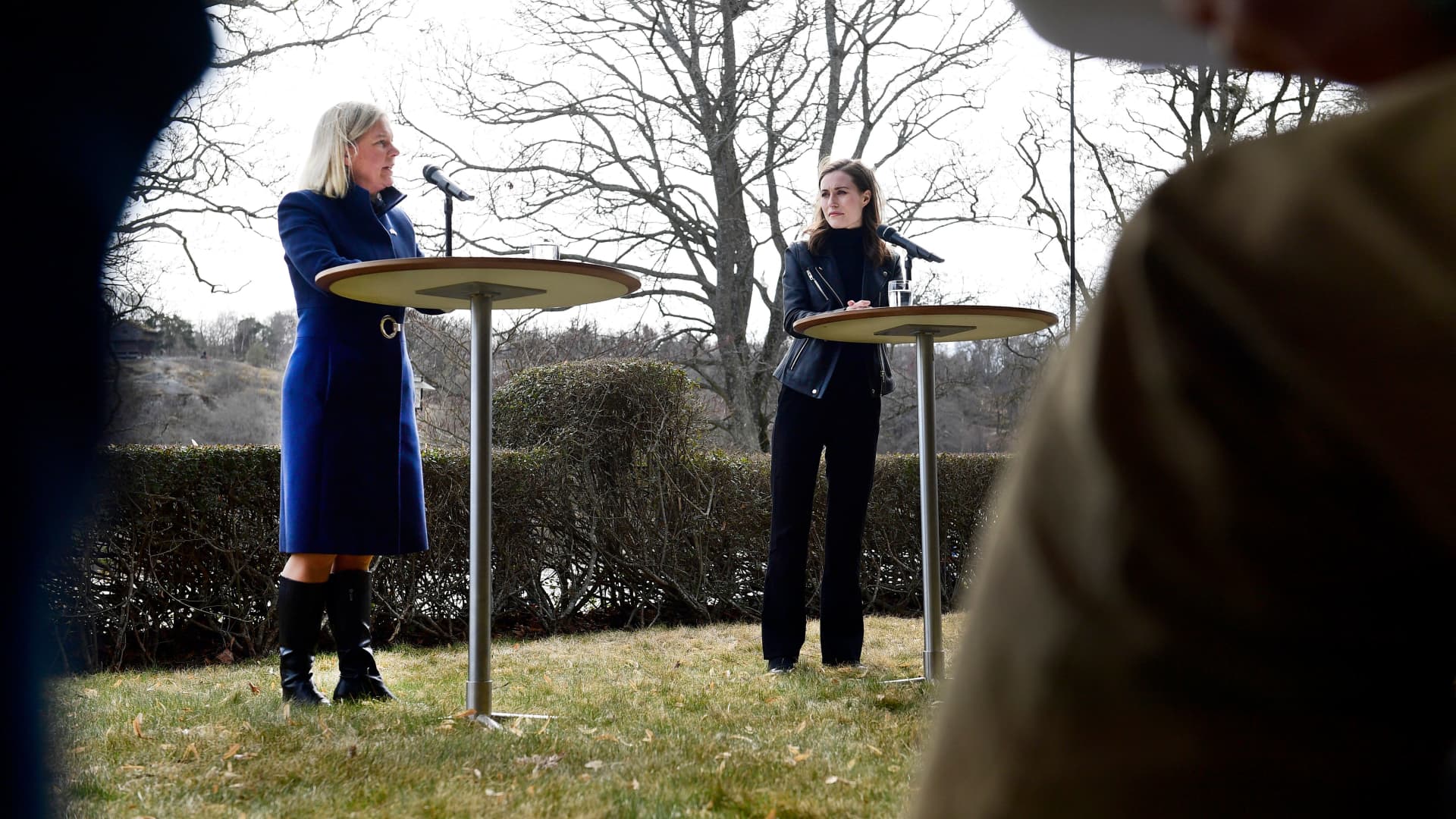
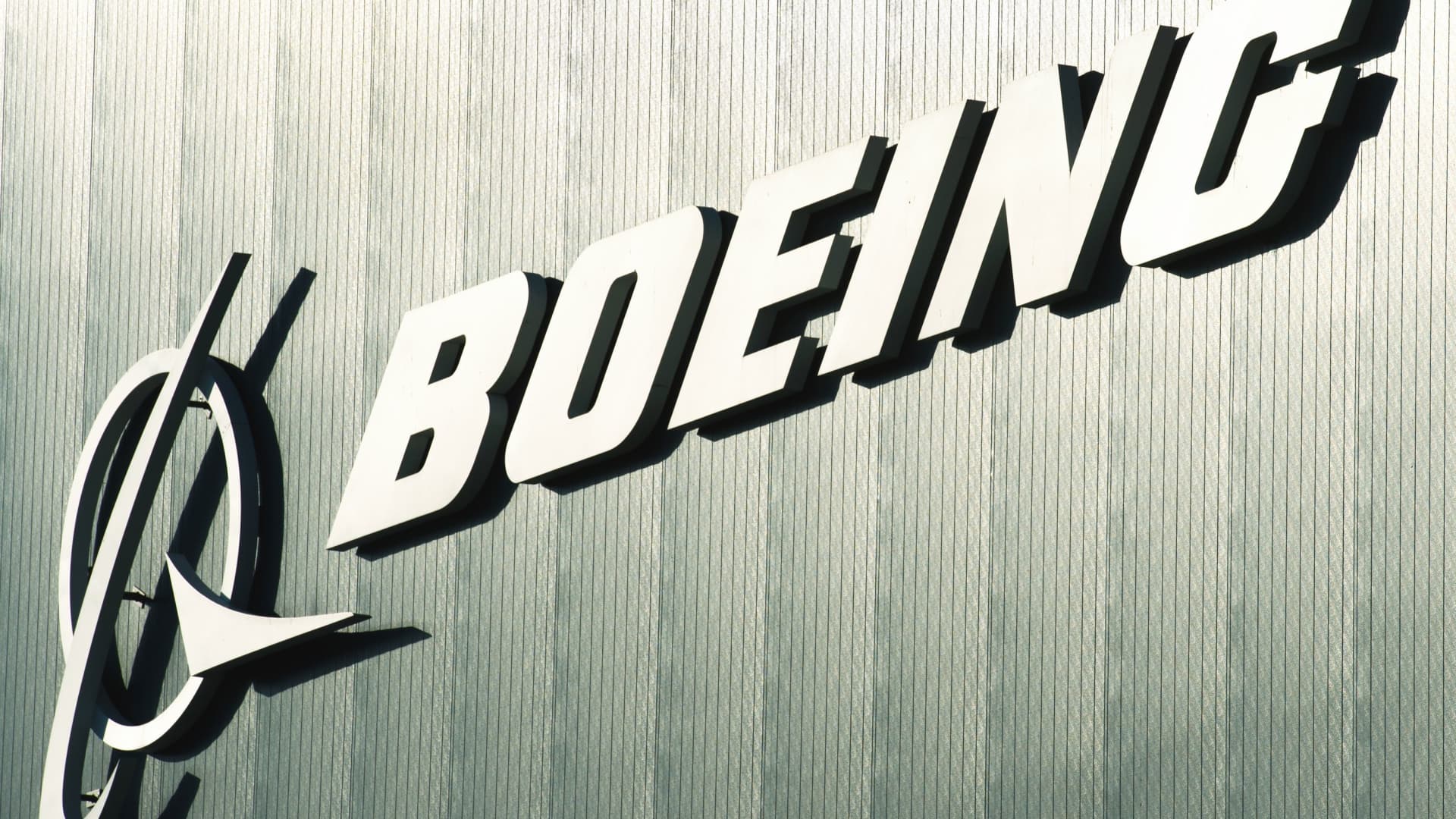








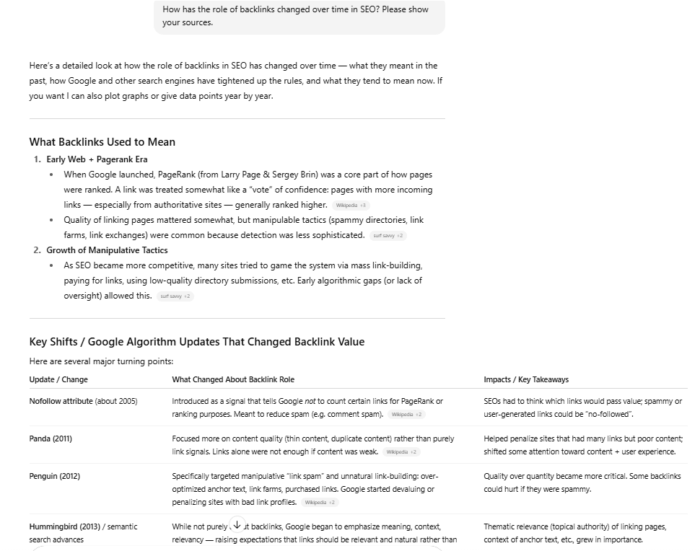






.jpg&h=630&w=1200&q=100&v=6e07dc5773&c=1)




